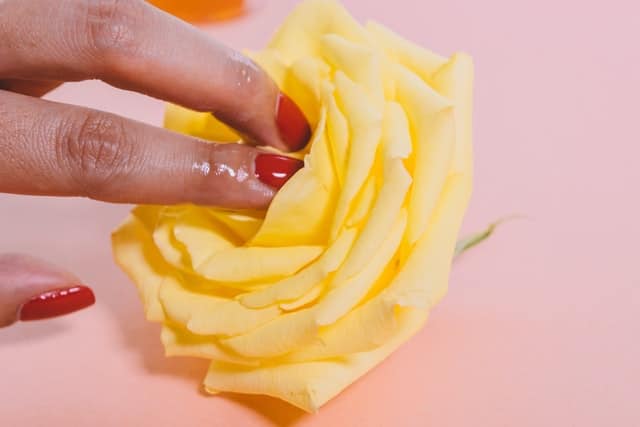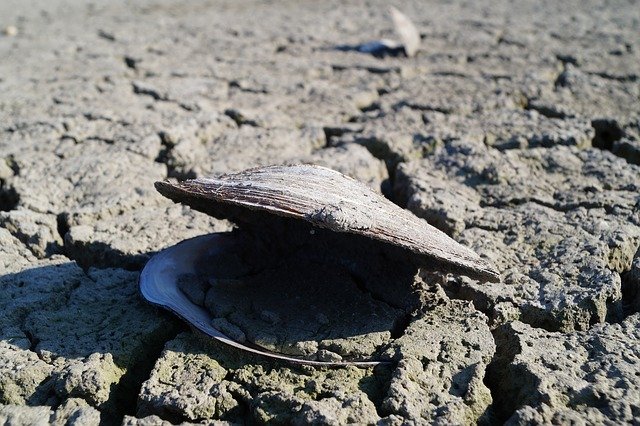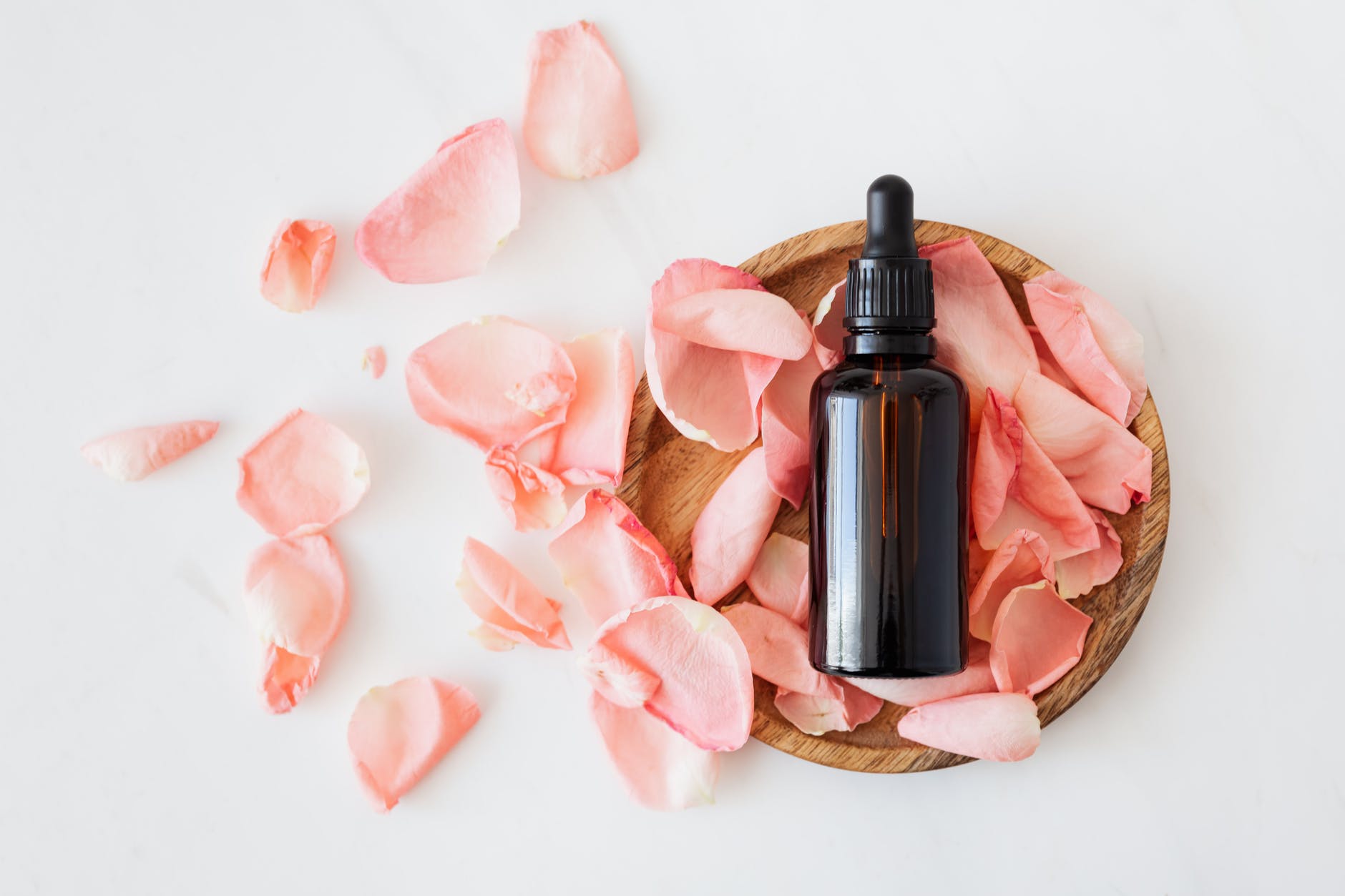Nowhere on the list of “50 Great Things About Women Over 50” will vaginal dryness be mentioned. Yes, I said it.
Did you know that more than 50% of post-menopausal women over the age of fifty will experience the symptoms associated with vaginal dryness? It is also a problem that many women are not comfortable discussing with their physician. If you are one of these women, you are not alone.
We will talk about vaginal dryness, why so many post-menopausal women suffer from it, and the painful symptoms.
We will also discuss some treatment options that can help you improve your comfort, increase your sexual confidence, and help you control the quality of life.
The Healthy Vagina

A healthy vagina is thick, flexible, and moist. Glands in the cervix produce a natural lubricant that gently bathes vaginal tissue, keeping it moist and clean. This natural lubricant also helps to slough off dead cells.
Estrogen plays a vital role in vaginal health. It produces a natural lubricant that keeps the vagina moist, thick, and flexible. The healthy, thicker lining has more folds. This helps the vagina stretch during intercourse and childbirth.
The healthy vagina has a slightly acidic environment and works to prevent infections from occurring.
There are two glands at the entrance to the vagina. These are called the Bartholin’s glands. When stimulated by sexual excitement, they produce even more lubrication.
I suppose you could say that a healthy vagina is a ‘well-oiled machine’!
I’m sorry, I just couldn’t resist.
What Causes Post-Menopausal Vaginal Dryness?

Menopause is defined and diagnosed after you have gone 12 months without a menstrual period. This can happen in your 40’s or your 50’s. But the average age is 51 in the United States.
As we enter menopause, our hormone levels change. Our ovaries stop producing estrogen. One of the most common symptoms of decreasing estrogen levels is the reduction of vaginal lubrication. Less lubrication = more vaginal dryness.
Less estrogen can also result in thinner tissue of the vulva and a dryer and less elastic vaginal lining. The medical term for this is vulvovaginal atrophy. When this lining is thinner, dryer, and less flexible, there is a higher risk of bleeding and tearing during intercourse.
Lower estrogen may also produce something called atrophic vaginitis. This is inflammation of the vaginal wall. Low estrogen means you also have a higher pH level in the vagina. This makes it less acidic and may increase the risk of infection.
Now, I realize that none of this sounds fun, but please remember that not everyone will suffer from these issues. But, if you do, your first step to regaining a healthy ‘lady parts’ area and preventing the discomfort of vaginal dryness is to speak to your doctor and read this article.
Symptoms of Vaginal Dryness
Some of the symptoms associated with vaginal atrophy and vaginitis are listed below. It looks like a generous list. But please do not let any of this alarm you. The sooner you recognize that vaginal dryness is common and expected, the easier it will be to do something about it.
You may develop a few symptoms early on in menopause. But some may develop a few years post-menopause. On the flip side of this, some of you will not suffer at all.
Symptoms include:
- decreased vaginal lubrication
- dryness
- pain
- itching
- burning
- soreness
- pressure
- white discharge
- malodorous discharge due to infection
- painful sexual intercourse
- post-intercourse bleeding
- painful urination
- blood in the urine
- increased urinary frequency
- urinary incontinence
- increased susceptibility to infections
- urinary tract infections
- painful urination
- difficulty sitting
- difficulty wiping
Okay, take a deep breath. That is quite an impressive list, isn’t it?
I cannot stress enough how vital regular checkups with your physician are. They should be your first line of defense. If you do suffer from any of these symptoms, speak to your doctor.
Your quality of life depends on how well you take charge of your health, right?
Now, we will look at what you can do to treat these symptoms should you have any of them.
Treatment Options

Did you know that only 25% of women who suffer from vaginal dryness seek help? I hope that this information will give you the power and confidence to reach out and speak to a medical professional. It is time to improve that percentage.
Non-Prescription
- If you are using perfumed soap or body wash, try using a more gentle, unscented, and hypoallergenic one.
- Choosing panties that are made of natural fiber like cotton can help. If you are okay with sleeping bottomless, then this may help a bit also.
- Vaginal moisturizers may help keep your vaginal tissues moisturized and healthy. We moisturize our face and body, so consider this an extension of your regular moisturizing routine.
- Vaginal lubricants can help make sexual activity more enjoyable. There are many varieties to choose from.
Prescription
- DHEA or Dehydroepiandrosterone is something that your doctor may recommend for the pain you may be experiencing during intercourse. It can be purchased in a suppository form and inserted at bedtime.
- Your doctor may prescribe low-dose vaginal estrogen. Harvard Women’s Health states, “Compared with oral or transdermal estrogen, vaginal application requires a lower dose and involves less exposure of breast and endometrial tissues, where estrogen can increase the risk of cancer by stimulating the growth of cells.” If you have a family history of breast cancer or have had breast cancer, be sure to mention this to your doctor.
There is considerable evidence that the use of local vaginal low dose estrogen is safe and well-tolerated. If you would like more evidence of this, you may want to review this clinical study entitled ‘Reviewing The Options For Local Estrogen Therapy of Vaginal Atrophy.’ You may even want to discuss this study with your physician at your appointment.
Sexual Activity
Having regular vaginal sexual activity through your menopausal years can help keep your vaginal tissues lubricated, thick, and flexible. This will keep your sex life enjoyable and help with your sex drive.
The Harvard Women’s Health states, “those who are sexually active with a partner or through masturbation report fewer symptoms of atrophic vaginitis and have less evidence of tissue atrophy, compared with women who aren’t sexually active.”
The North American Menopause Society (NAMS) agrees with this statement. It has included it in its guidelines to help women with vulvovaginal atrophy.
Final Words
In summary, vaginal dryness in women over 50 is normal and expected. It affects over 50% of post-menopausal women.
Nevertheless, if you suffer from vulvovaginal atrophy, it can be painful, and your quality of life suffers. It can also have a negative impact on your sexual activity and relationship with your partner.
Only 25% of women speak to their doctor about their symptoms, leaving 75% living in pain and decreased pleasure in life!
There are several practical and easy to use treatment options available.
For many women, vaginal dryness is a condition that is uncomfortable to talk about. But ladies, a few minutes of an uncomfortable conversation with your physician may mean the difference between living in pain and living a happier, healthier life!

